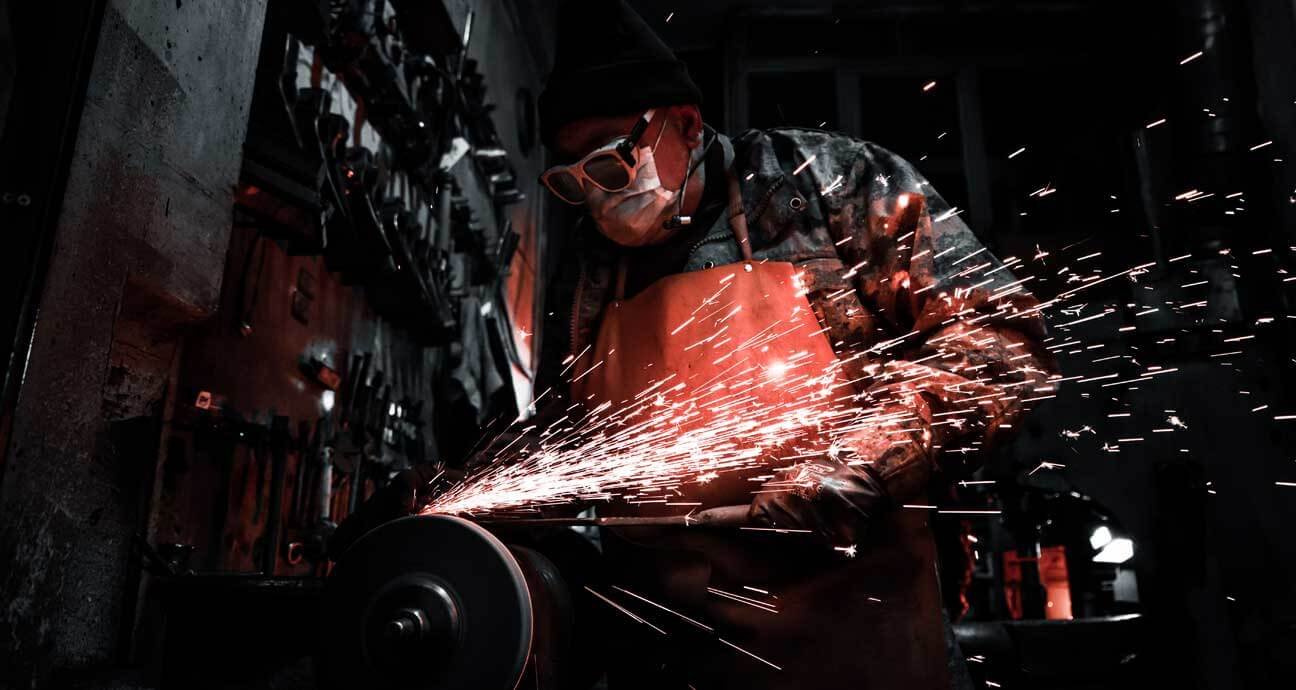In the dynamic landscape of industrial progress, certain elements play a pivotal role, often behind the scenes but essential for driving innovation and development. Among these, ferro alloys stand out as key components in various industrial processes, shaping the very foundation of modern manufacturing and infrastructure. Let’s delve into the significant role that ferro alloys play in the ongoing industrial evolution.
What are Ferro Alloys?
- Ferro alloys are alloying elements containing iron and one or more additional metals, typically used in the production of steel and other alloys.
- These alloys are renowned for their ability to impart specific desirable properties to metals, such as strength, durability, and corrosion resistance.
Ferro alloys are the silent heroes of industrial progress, enriching metals with strength and resilience, and laying the foundation for innovation in the modern world.
Marketing Person
Enhancing Steel Production:
- Steelmaking is one of the primary industries where ferro alloys find extensive application.
- Alloying elements like ferrochrome, ferromanganese, and ferrosilicon are added to molten steel during the production process to improve its mechanical and chemical properties.
- Ferrochrome, for instance, enhances resistance to corrosion and oxidation, making steel suitable for diverse applications ranging from construction to automotive manufacturing.
Alloy Development and Customization:
- Ferro alloys allow for the customization of alloy compositions to meet specific industrial requirements.
- By adjusting the proportions of alloying elements, manufacturers can create alloys with tailored properties suited for different applications.
- This versatility enables the development of advanced materials used in aerospace, electronics, and renewable energy sectors.
Energy and Infrastructure:
- The energy sector relies on ferro alloys for the production of critical components in power generation and transmission systems.
- Ferrosilicon, for example, is crucial for manufacturing transformer cores, ensuring efficient electricity distribution.
- Additionally, ferro alloys play a role in infrastructure development, contributing to the construction of bridges, highways, and buildings worldwide.
Driving Technological Advancements:
- Ferro alloys support technological advancements by facilitating the production of high-performance materials.
- These materials are essential for emerging technologies such as electric vehicles, renewable energy systems, and advanced manufacturing processes.
- Ferro alloys enable the production of lightweight and durable components vital for the transition to a sustainable and technologically-driven future.


